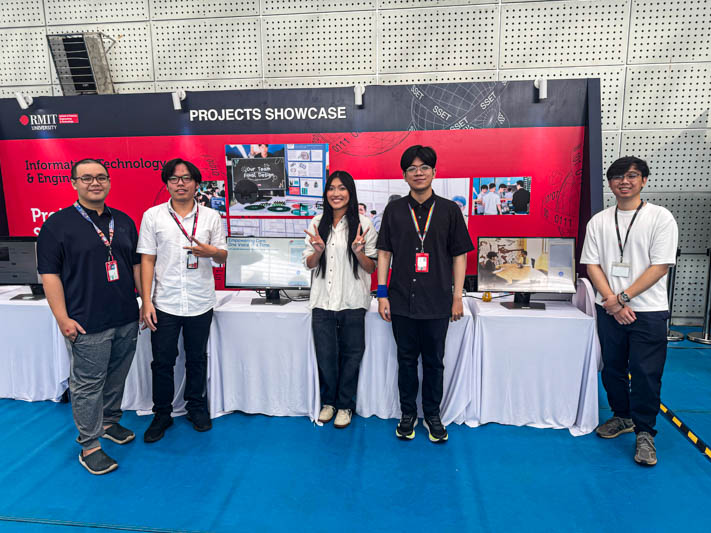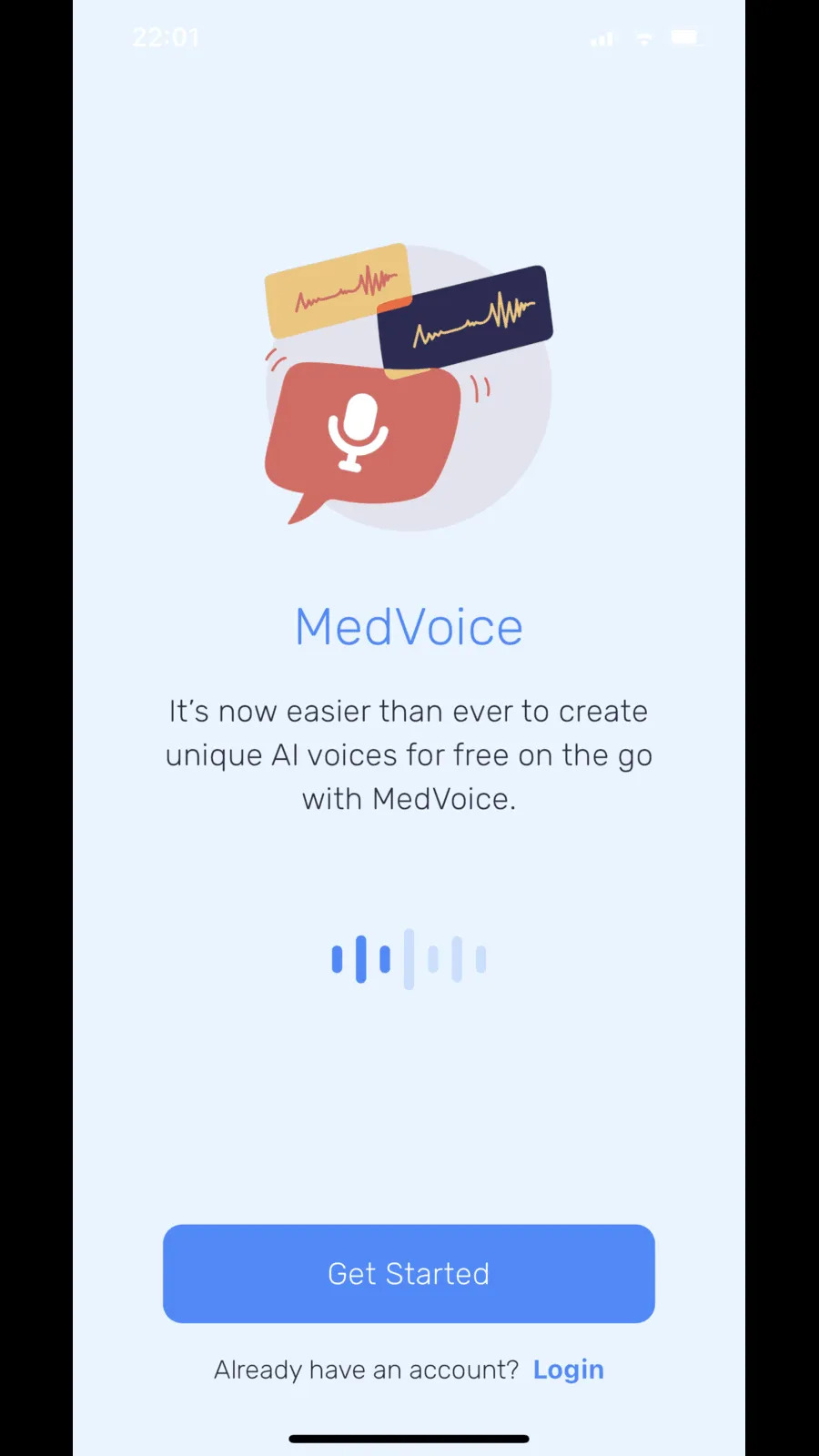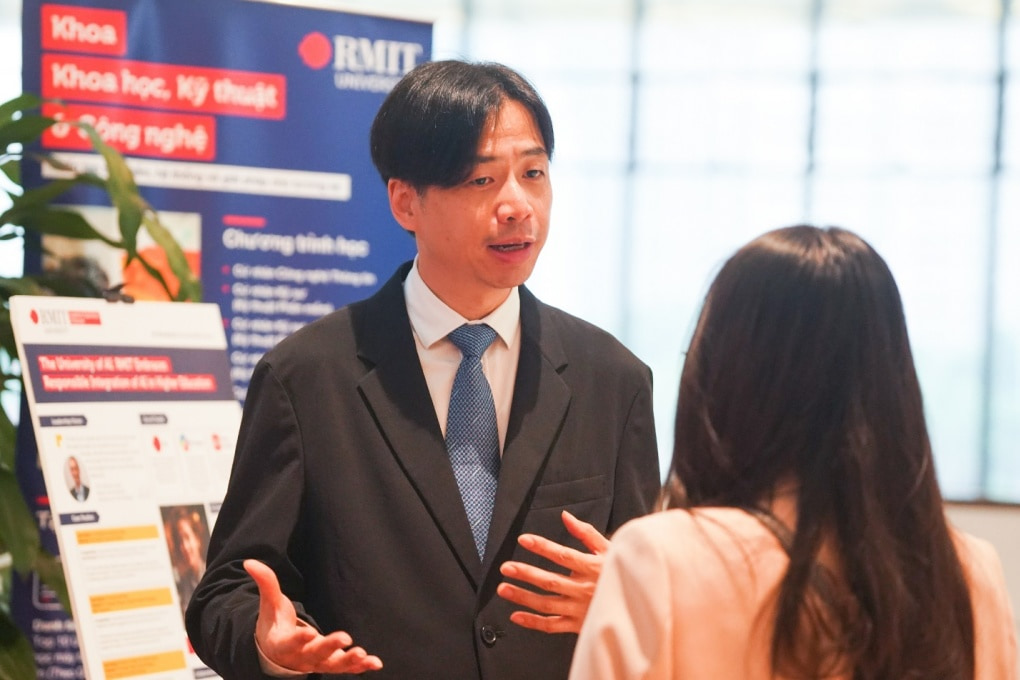At AI4VN 2024, MedVoice was featured during a keynote presentation by RMIT academics Dr Arthur Tang and Professor Fabio Zambetta, highlighting its innovation in applying AI to healthcare challenges. This recognition placed MedVoice at the forefront of cutting-edge AI solutions in Vietnam and underscored its potential impact on the healthcare industry.
MedVoice also stood out at RMIT Experience Day, which attracted more than 11,500 participants across Hanoi and Saigon South campuses. As one of over 100 workshops, it was chosen to showcase RMIT’s contributions to innovation and healthcare. Participants had the opportunity to experience hands-on demonstrations of MedVoice, which highlighted its ability to simplify medical documentation. Attendees, including students, parents, and healthcare professionals, praised the tool’s intuitive interface and its flexibility in allowing patient information to be edited directly within the documentation.
Team member Nguyen Ha Kieu Anh said that the true innovation happened when team members shared ideas and tackled challenges together. On behalf of the team, Kieu Anh expressed their gratitude for the guidance and feedback they received from their lecturers and supervisors, Dr Arthur Tang and Tom Huynh, which shaped their approach, teaching them to refine their ideas and remain focused on their goals.
“RMIT's RACE Hub, gave us hands-on experience with cutting-edge tools," Kieu Anh said. "This project also taught us perseverance. Late nights and countless iterations showed that progress requires patience and adaptability. Innovation is a shared effort rooted in mutual trust and a shared vision."
The team's vision extends beyond Vietnam. They aim to create a scalable solution that can address medical documentation challenges in low-resource healthcare settings globally.
“Future developments include improving support for regional Vietnamese dialects, enhancing AI model performance, and integrating with electronic health record (EHR) systems,” said team member Do Le Long An.
MedVoice represents more than a technological solution - it's a testament to how AI can improve healthcare. By reducing administrative burdens, the project promises to give healthcare professionals more time to do what they do best: provide compassionate, high-quality patient care. As Dr Arthur Tang noted, this is about leveraging research for impactful innovation and MedVoice is proving that innovation can indeed transform healthcare, one conversation at a time.
This project was funded by RMIT Vietnam Strategic Innovation Challenge and supported by computing resources from the RMIT AWS Cloud Supercomputing Hub (RACE Hub).
Story: Ha Hoang
Masthead image: Have a nice day - stock.adobe.com







